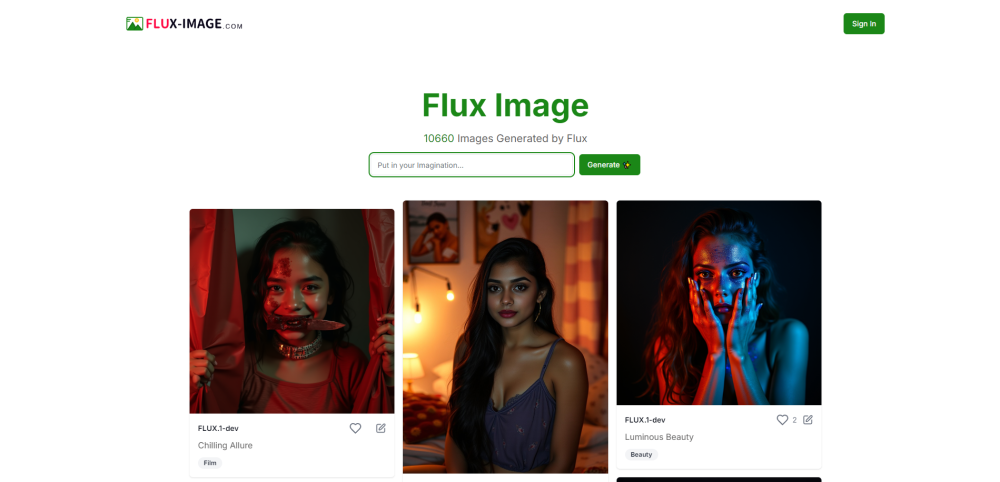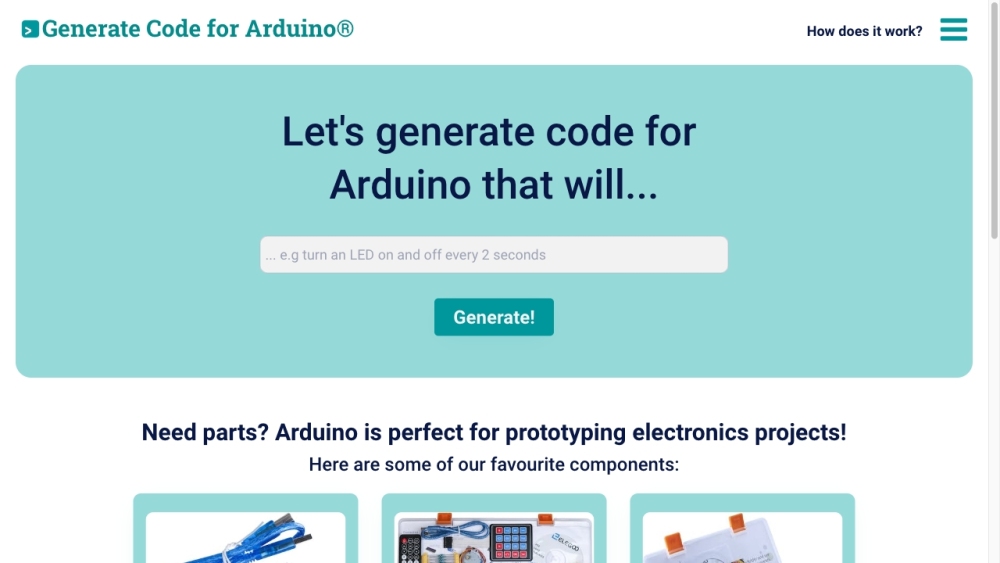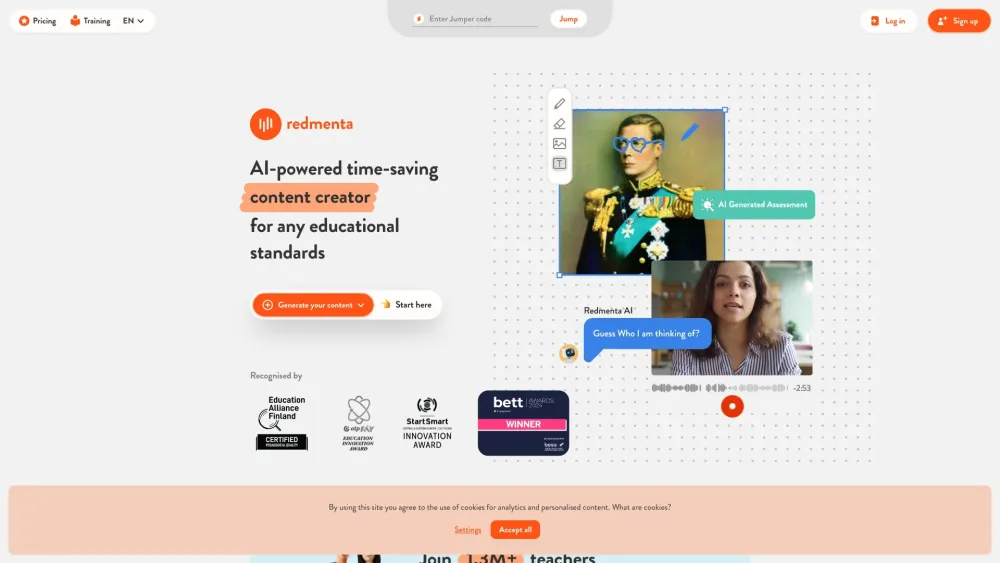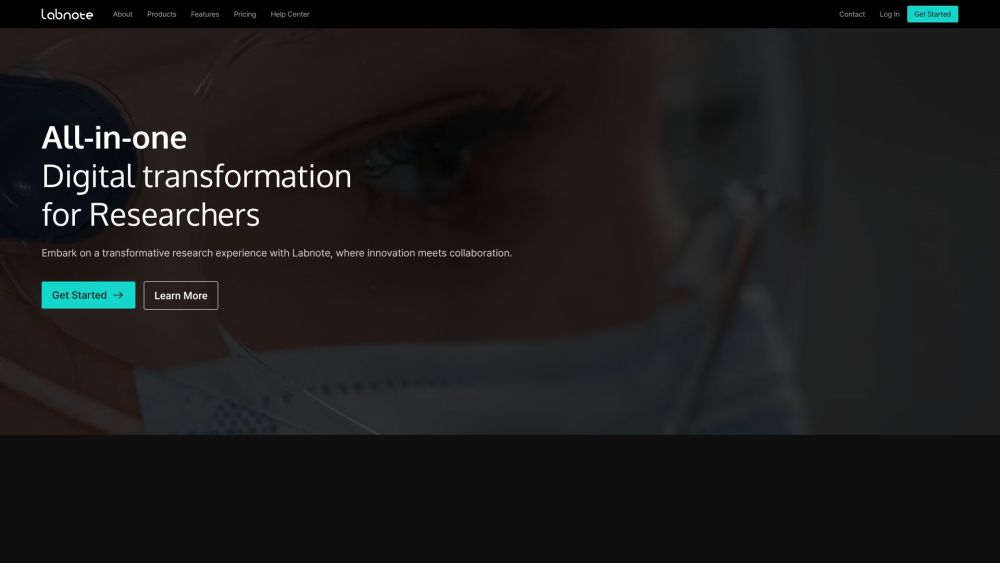OpenAI Joins the Coalition for Content Provenance and Authenticity
OpenAI announced its membership on the steering committee of the Coalition for Content Provenance and Authenticity (C2PA), a trade group established in February 2021 by Microsoft and Adobe, alongside other notable members like Arm, BBC, Intel, and Truepic.
Purpose of Joining C2PA
OpenAI aims to help individuals verify the tools used for creating or editing digital content and to develop technology that identifies content generated by its tools. This collaboration with other industry players, including competitors, seeks to create resources for labeling AI-generated images, videos, and other media. This will enable viewers to trace content back to its source and distinguish it from authentic footage and photographs.
What Does C2PA Do?
Operating under the non-profit Joint Development Foundation, C2PA is focused on establishing "technical specifications for content provenance and authenticity." Since its inception, the organization has welcomed other tech giants, including Google, to its committee. C2PA has developed several open-source standards that allow developers and companies to clarify the origin of AI-generated content.
Key standards include the C2PA architecture, which facilitates storing and accessing cryptographically verifiable information, enabling users to assess the trustworthiness of the content based on a defined trust model.
Implementation of Content Credentials
Members of C2PA have utilized its architecture to create "Content Credentials," a small "CR" watermark that helps users identify the creator and tools used for an image. This feature allows for hover or tap interactions to provide more detailed information.
The C2PA architecture can also be integrated into the metadata of digital media files, ensuring accessibility even when offline. OpenAI has been applying this standard to images generated by its DALL-E 3 model since February 2023. Meta has also begun labeling AI-generated images using C2PA standards.
Statements on Industry Collaboration
Anna Makanju, OpenAI’s VP of Global Affairs, highlighted in a C2PA press release the organization's role in fostering shared standards around digital provenance. She emphasized that contributing to these efforts is crucial for building trust in the digital content consumers encounter online.
Future Developments with Sora
Although not yet publicly available, OpenAI's advanced video-generating AI model, Sora, will implement C2PA metadata to label its outputs as AI-generated when released to trusted partners and later to the public.
DALL-E Detection Classifier Program
OpenAI has also launched the DALL-E Detection Classifier Researcher Access Program, which features a binary classifier to predict whether an image is derived from its DALL-E 3 model. OpenAI invites research labs and journalism nonprofits to apply for participation until July 31.
Launching a Societal Resilience Fund
Together with Microsoft, OpenAI is establishing a $2 million societal resilience fund to enhance AI education for older adults and those unfamiliar with the technology. This initiative collaborates with organizations like AARP, International IDEA, and Partnership on AI.
These announcements coincide with rising concerns about AI-generated images misleading users on social media platforms like Facebook. OpenAI’s dual approach aims to address both content generation and education.
However, with the prevalence of open-source AI tools and the ability to alter images, reliably labeling AI-generated content poses ongoing challenges. Nevertheless, OpenAI's proactive measures signal its commitment to being a socially responsible entity in the evolving landscape of digital content.




